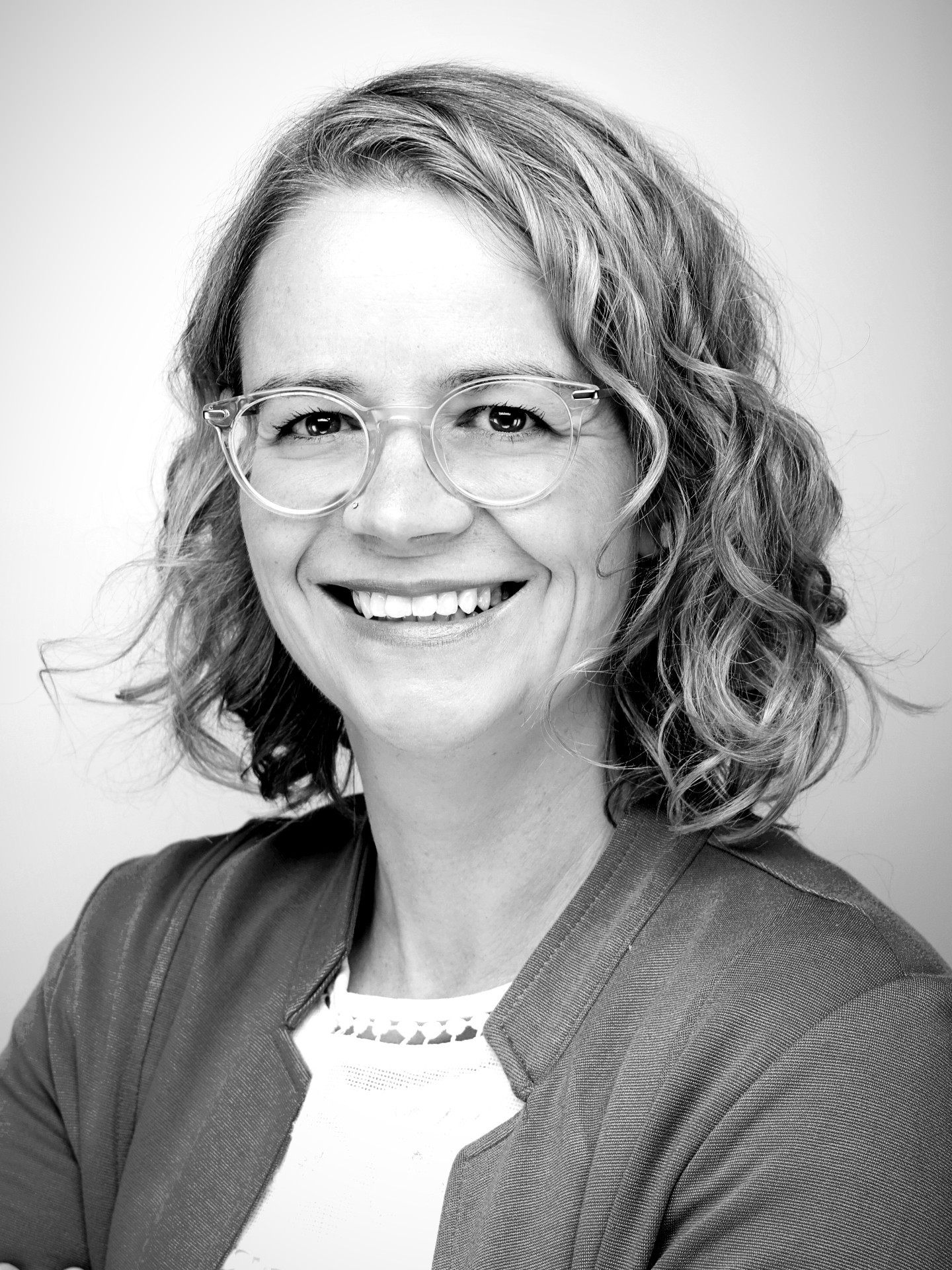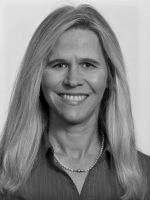|
|
Moderation: Dr. Jürgen Kintrup, Covestro Deutschland AG, Leverkusen/Germany
|
|
10:00
|
Infoday Opening and Welcome Address
Dr. Kathrin Rübberdt, DECHEMA e.V., Frankfurt a.M./Germany
|
|
|
ELECTROLYSIS IN 2020 – CHALLENGES & SUSTAINABILITY
|
|
10:15
|
Perspectives for electrolysis in Horizon Europe
- A new future based on renewable energy
- How to change the processes to become both safe and sustainable?
- Future ares of priority for materials and surface coatings
Dr. Soren Bowadt, Deputy Head of Unit Materials for Tomorrow; European Commission, Brussels/Belgium
|
|
10:35
|
Introducing the funding program “Decarbonisation of Industry" (German Federal Ministry of the Environment, Nature Conservation, and Nuclear Safety) in the context of electrochemical processes
- Relevance and examples of electrolysis / electrochemical processes in a climate-neutral industry 2050
- Introduction to the new funding program "Decarbonisation of Industry” by the German Federal Ministry for the Environment, Nature Conservation and Nuclear Safety
Maximilian Hassatzky, Policy Advisor, Competence Centre on Climate Change Mitigation in Energy-intensive Industries, Cottbus/Germany
|
|
10:55
|
Hydrogen production in a municipal environment
- Electrolytic hydrogen production in the energy industry environment
- Practical experience from five years of power-to-gas plant operation (2015-2020)
- Intelligent interlinking of different business areas in a regional context
Jonas Aichinger, Head of Innovation Management, Mainzer Stadtwerke AG, Mainz/Germany
|
|
11:15
|
Panel Discussion
|
|
11:45
|
Bio break
|
|
11:55
|
Exhibitor Pitches
- Innovative solution for treatment of polluted waste brines with recycling to Electrolysis units, kvt.technology, Graz/Austria
- The technology behind mass production of electrolyzers, VoltaChem/TNO, Delft/The Netherlands
- Your Partner for Corrosion Protection in Plant Engineering, DECHEMA Corrosion Center, Frankfurt a.M./Germany
|
|
12:10
|
Interview:
New electrochemical processes for water treatment
- Wastewater treatment is undergoing a transformation due to changes in regulations
- Removal of highly refractory or toxic anthropogenic contaminants
- New challenge: brine
Dr. Yuliya Schießer, Global Expert Separation Technology, Covestro Deutschland AG, Leverkusen/Germany
Guest moderator: Dr. Thomas Track, Head of Water Technologies, DECHEMA e.V., Frankfurt a.M./Germany
|
|
12:40
|
Lunch break
|
|
|
ELECTROORGANIC ELECTROLYSIS AND BIOTECHNOLOGY
|
|
13:10
|
Rheticus - artificial photosynthesis
- Developing a platform to manufacture chemical products in a profitable and environment-friendly way
- We are developing a flexible system that can provide answers to various questions raised by the energy transition
- RHETICUS smooths the way in industrial application
Dr. Günter Schmid, Principal Key Expert Research Scientist, Siemens Gas and Power GmbH & Co. KG, Nuremberg/Germany
Anja Hecker, Project Manager / CRE-ST-CS, Science & Technology, Marl/Germany
|
|
13:40
|
Electrosynthesis for making highly value-added chemicals
- Electrification of organic synthesis
- Target: highly value added-compounds
- Electroorganic synthesis needs appropriate downsstream processing
Prof. Dr. Siegfried Waldvogel, Chief Technology Officer, ESy-Labs, Regensburg/Germany
|
|
14:00
|
A roadmap towards a sustainable electromicrobial production
- One-carbon compounds can be made from CO2 to provide renewable microbial feedstocks
- Methanol and formate have key advantages over gaseous one-carbon feedstocks
- New-to-nature pathways should outperform natural ones
Dr. Charlie Cotton, Chief Scientific Officer, Cambrium GmbH, Berlin/Germany
Prof. Dr. Elias Klemm, Institute Director Institute for Technical Chemistry, Universität Stuttgart, Stuttgart/Germany
|
|
14:30
|
Panel Discussion
|
|
15:00
|
End of first Infoday
|





